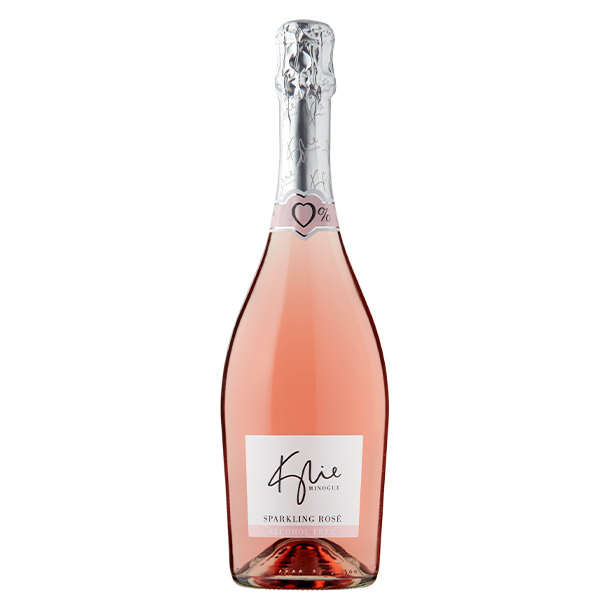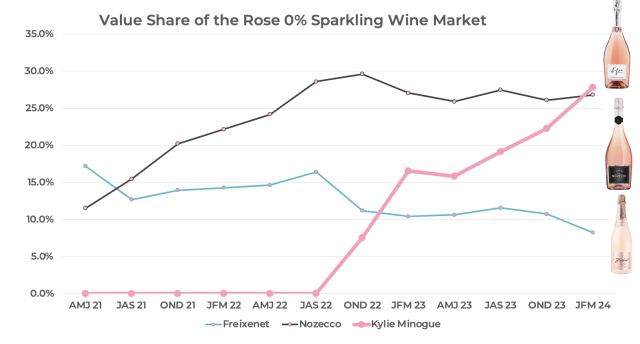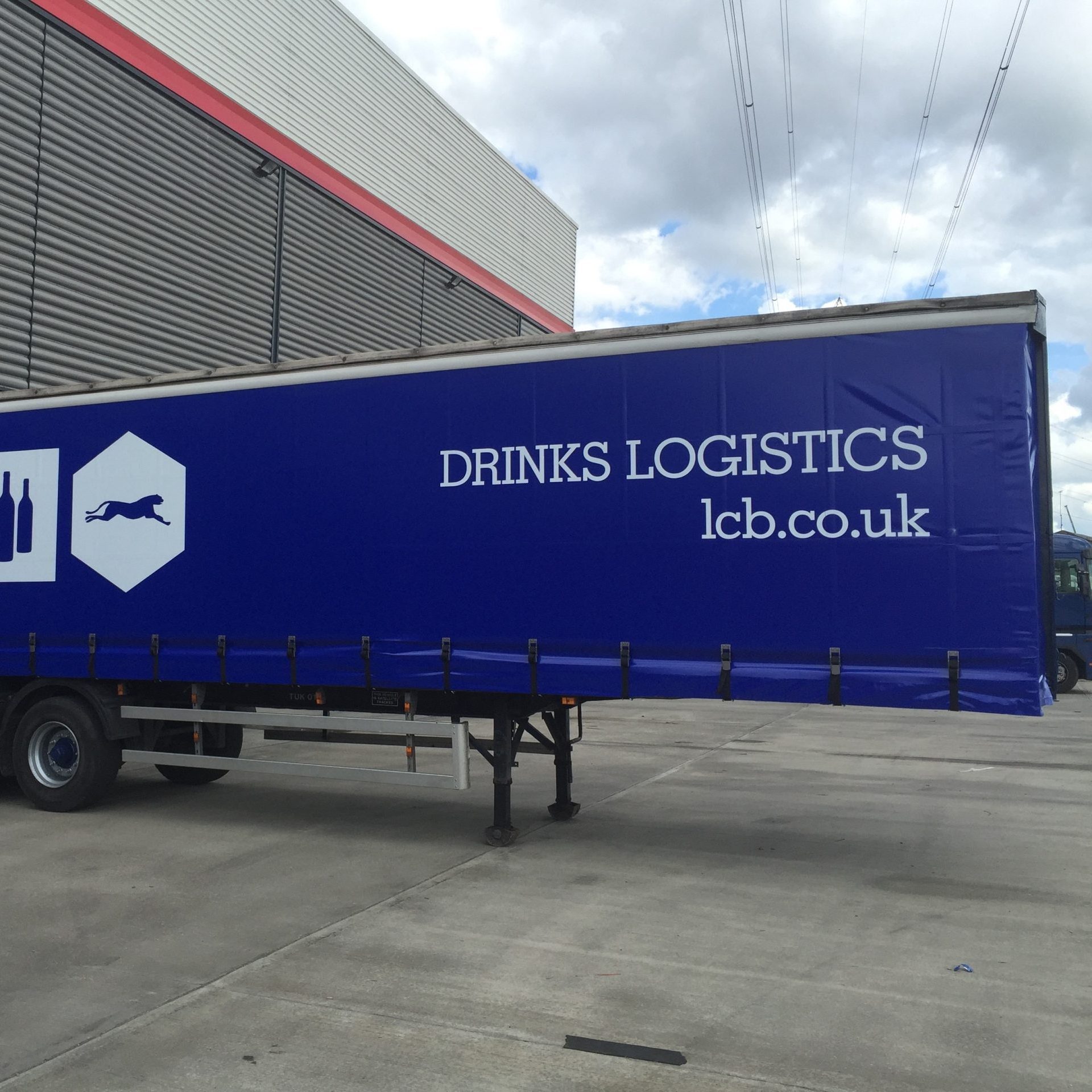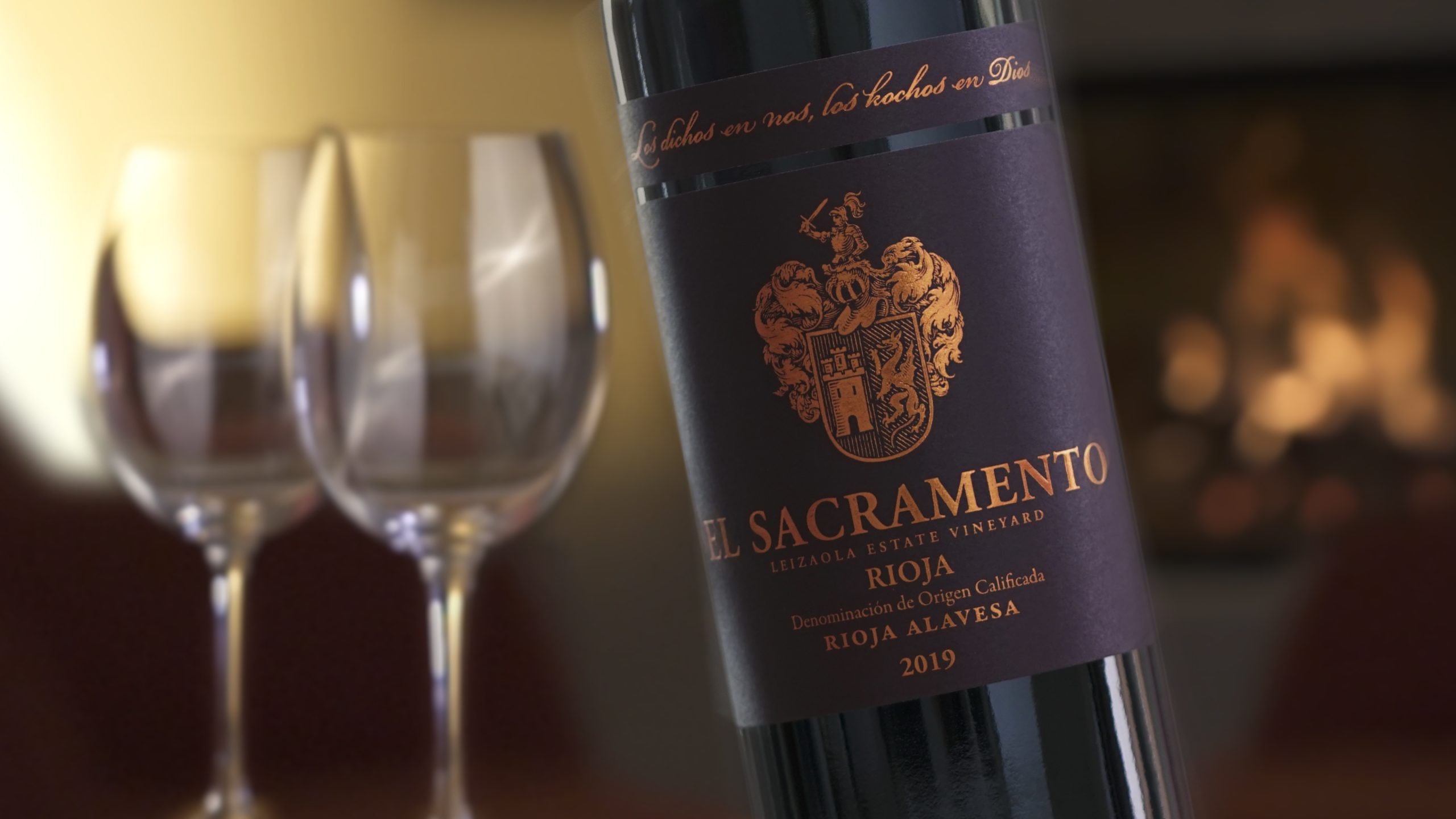Why alcohol-free wine is in the ascendant
By Patrick SchmittRelative to 0% beer, the alcohol-free wine market is small in the UK, but that is set to change, as better products and high-profile celebrities enter the market.
 That’s the view of Paul Schaafsma of Benchmark Drinks, who sees the no-alcohol wine sector as a “huge opportunity”, as long as it’s backed by the right people and the drinks taste good.
That’s the view of Paul Schaafsma of Benchmark Drinks, who sees the no-alcohol wine sector as a “huge opportunity”, as long as it’s backed by the right people and the drinks taste good.
And it was during a discussion with db last month that he outlined his view of the category, not only giving an opinion on how big it could be, but what will drive it forwards.
“Zero per cent is one of the biggest trends in drinks, but one of the biggest challenges for 0% wine is the way it tastes – it’s all pretty ordinary,” he said, before commenting, “If you try many of the options out there, you will see that they are letting the consumer down.”
Continuing, he drew attention to the sales opportunity by recording the relatively lacklustre performance of no-alcohol wine compared to beer. “0% beer is 5% of the beer category, but 0% wine is only 0.8% of the wine category, so, if we can grow that to 5%, we’re talking about a £400 million business in the UK.”
Much of zero-alcohol beer’s success is due to a long-standing focus on ensuring it tastes as good as possible, according to Schaafsma, who mentioned in particular the quality and resulting sales performance of Guiness 0.0%.
As reported by db at the start of this year, global volumes of the non-alcoholic Guinness doubled in the second half of 2023, meaning that it now makes up 4% of the stout’s output at the St James’s Gate brewery in Dublin.
As for who might be drinking 0% wines, Schaafsma stressed that the demand could come from a broad range of sources. “When we were young, you either drunk or you didn’t, but now the younger generation switches between the two [alcoholic and non-alcoholic drinks] – and in beer and spirits, the 0% alternative is now so good, people feel comfortable with it.”
For Schaafsma, he already has one zero-alcohol wine solution, which comes in the form of Kylie’s sparkling 0% rosé, because Benchmark drinks represents the pop star’s drinks – which have become a huge hit in the UK.
“We have put a lot of work in to create an experience that consumers are going to love,” he said of Kylie’s pink 0% sparkling (which has grown from nothing to UK market-leader in six quarters, see chart, bottom).
For a start, the fizz is produced using comparatively natural processes, according to Schaafsma. “We don’t de-alcoholise the wine; we use good bacteria so the grapes go through the fermentation process but don’t produce alcohol,” he explained, adding, “then we infuse the wine with green tea to bring depth and tannin”. This additional element “fills out the mid-palate and makes it feel refreshing and clean,” he said, meaning that the fizz doesn’t taste “hollow”, despite being virtually bone dry, with just 2-3 grams of sugar per litre.
In contrast, he said that the argument against de-alcoholising wine is that “it strips so much of the flavour from wine that you then have to replace that with other components, like sugar, which isn’t healthy.”
“We are creating something that people love, that’s natural, while keeping the sugar low,” he said, noting that the Kylie-branded 0% sparking rosé has already sold 1m bottles, and that the range now features a 0% white sparkling wine too, while next year, there will also be mini-bottles of the zero-alcohol fizz.
Partner Content
With these products, and Schaafsma’s belief that 0% wine sales will become a significantly bigger market, he expects Kylie to “be a very big brand in the 0% space”, with a 10% share of a much-enlarged sector.
Contributing to his positive outlook will be what he believes is a new future source of growth in the 0% wine sector.
“We are going to be launching another 0% brand next year, and with one of the biggest global superstars you could imagine,” he said.
Although he cannot mention who this person will be, he assured db that it was a “huge, huge celebrity”, and that the range launched by them – with his help – would be “completely 0%”.
He also said that this high-profile figure was “particularly passionate about 0% and delivering something very special,” adding, “We are looking at a blanc de blancs style sparkling for March next year.”
What does Kylie think of having a new celebrity-backed 0% sparkling wine competitor?
“Kylie has given her blessing, and the two know each other quite well; they are fans of each other,” said Schaafsma.
Summing up, he said, “We are quite serious about 0% wine – I think there’s something there if you look at the growth of 0% beer and spirits.”
“And it not just for health reasons, nor religious beliefs, 0% drinks are a growing trend.”
As for this yet-to-be-announced new player, Schaafmsa is sure their arrival will have a huge impact on the 0% sector. “They will change the business,” he concluded.
A few facts on zero-alcohol drinks trends in the UK
- With 17% growth year on year, zero-alcohol sparking is the fastest growing category in wine in the UK
- One in three pub visits in the UK are now alcohol-free
- 2.6 million fewer UK adults are drinking alcohol weekly in 2024 compared to 2021
- 42% of no/low consumers do not drink full-strength alcohol
- The remaining 58% are ‘moderators’
- The majority are ‘substituters’ for certain occasions, however some ‘blend’ on the same occasion
Source: Paul Schaafsma, Benchmark Drinks

Related news
ProWine and db Asia partner on the inaugural Asia Green Awards




